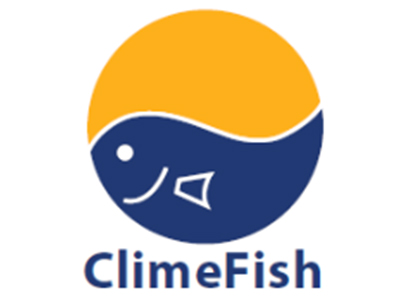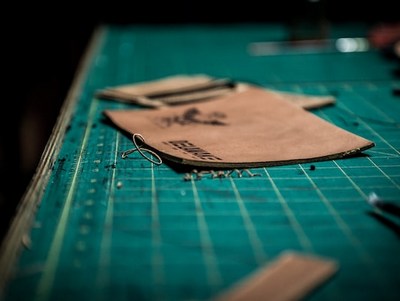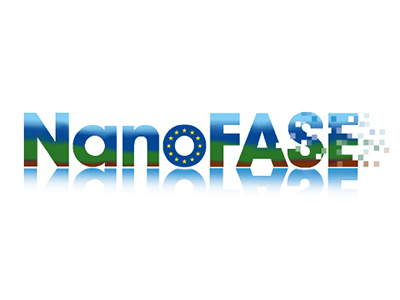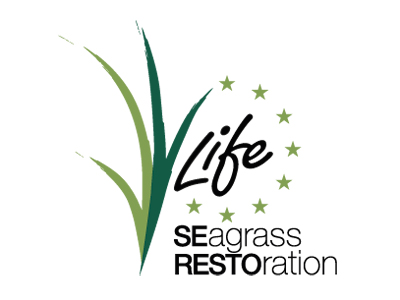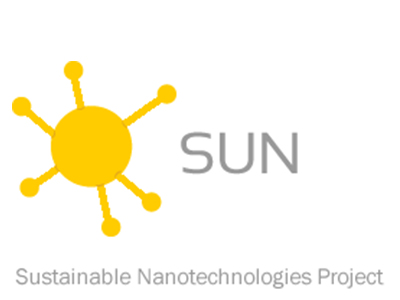Green and Blue Growth

Research Institute for Green and Blue Growth
Environmental technology and green economy
Enabling the uptake of climate information and services in real decision-making processes and finding resilient and efficient alternatives to our fossil-based economy are among the key challenges of our society.
Among the strategies currently explored are: the development of nature-based solutions aimed at improving resource and energy efficiency, the sustainable use of key enabling technologies including nanotechnologies, and the promotion of sustainable growth in the marine and maritime sectors (so-called blue growth).
Only a holistic approach that blends environmental sciences with geopolitical and economical studies can develop effective mitigation and adaptation strategies to climate change and other environmental challenges.
Keywords
Adaptation and resilience, Bio-economy, Blue economy, Blue growth, Circular economy, Decarbonisation, Green economy, Nanotechnologies, Nature-based solutions, Raw materials, Resource efficiency, Smart cities and communities, Sustainable growth, Sustainable company law, Systemic innovation
Coordinator
Research facilitator
Members
High-impact and award-winning projects
ClimeFIsh - Sustainable fish production under climate change
Ca’ Foscari scholars have been involved in the ClimeFish project, Co-creating a Decision Support Framework to ensure sustainable fish production in Europe under climate change.
ClimeFish is a Horizon 2020 project, which involves 21 academic and nonacademic partners from all over Europe and focuses on marine and freshwater fisheries and aquaculture, It aims to forecast effects of climate changes at the species and ecosystem level, creating responsive management schemes, and delivering a decision support framework cocreated with stakeholders.
Project website / EU Cordis database
Researcher: Fabio Pranovi
Duration: 01/04/2016 - 30/03/2020
BIOPOL - Leather making BioPolymers from biomasses and industrial by products
The LIFE BIOPOL project (Production of Leather making BioPolymers from biomasses and industrial by products, through Life Cycle Designed processes) aimed to demonstrate the technical performance and economic viability of an innovative process for producing new biopolymers (green chemicals) to be used in the tanning industry. These will be produced by recycling waste biomass from the related tanning process and agro-food industries. By doing so, the project aims to help implement the EU Industrial Emissions Directive, the BREF document, and the REACH (Registration, Evaluation, Authorisation and Restriction of Chemicals) Regulation, which all recommend that industry should decrease water consumption and the use of hazardous chemicals and pollutants such as heavy metals, formaldehyde, chromium, chlorinated paraffin, VOCs (volatile organic compounds) and inorganic salts.
Website
Researcher: Valentina Beghetto
Duration: 01/07/2016 - 30/09/2019
NANOFASE - Nanomaterial Fate and Speciation in the Environment
Ca’ Foscari researchers have been involved in the Nanomaterial Fate and Speciation in the Environment NANOFASE project (Leadership in Enabling and Industrial Technologies), funded by Horizon 2020.
Progress is needed in the prediction of environmental distribution, concentration and form (speciation) of nanomaterials, to allow early assessment of potential environmental and human exposure and risks, to facilitate safe product design and to include these aspects in nano regulation.
Project website / EU Cordis database
Researcher: Antonio Marcomini
Duration: 01/09/2015 - 31/08/2019
Funding:Horizon 2020 Industrial Leadership: Leadership in enabling and industrial technologies – Nanotechnologies
SEREASTO - Sea grass recolonization in the venetian Lagoon
SERESTO - SEagrass RESTOration, funded by LIFE programme: this project aims to trigger a process of aquatic angiosperm recolonization in the environment “Northern Lagoon of Venice” environment, mainly through the transplantation of Zostera marina and Nanozostera noltii to small sites distributed throughout the area.
The technique, however, would also be suitable for largescale application, in order to consolidate and restore the aquatic habitat and contribute to the achievement of a positive ecological status in transitional bodies of water.
Project website / EU LIFE Public database
Researcher: Adriano Sfriso
Duration: 01/01/2014 - 30/04/2018
Funding: LIFE
SUN: Safe nanoscale product and process design
SUN – SUSTAINABLE NANOTECHNOLOGIES is a project funded by the FP7.
In the project are involved 35 partners from 13 EU countries.
The concept of SUN is to combine Risk Assessment and Lifecycle Assessment to develop a userfriendly, versatile software- based Decision Support System (DSS) for practical use by industries and regulators.
The industrial partners in the SUN consortium will evaluate and “realitycheck” the DSS against real industrial case studies in terms of cost/benefit and insurance risk.
This validation will culminate in guidelines for safe nanoscale product and process design.
Project website / EU Cordis database
Researcher: Antonio Marcomini
Duration: 01/10/2013 - 01/04/2017
Funding: FP7 - Seventh Framework Programme

